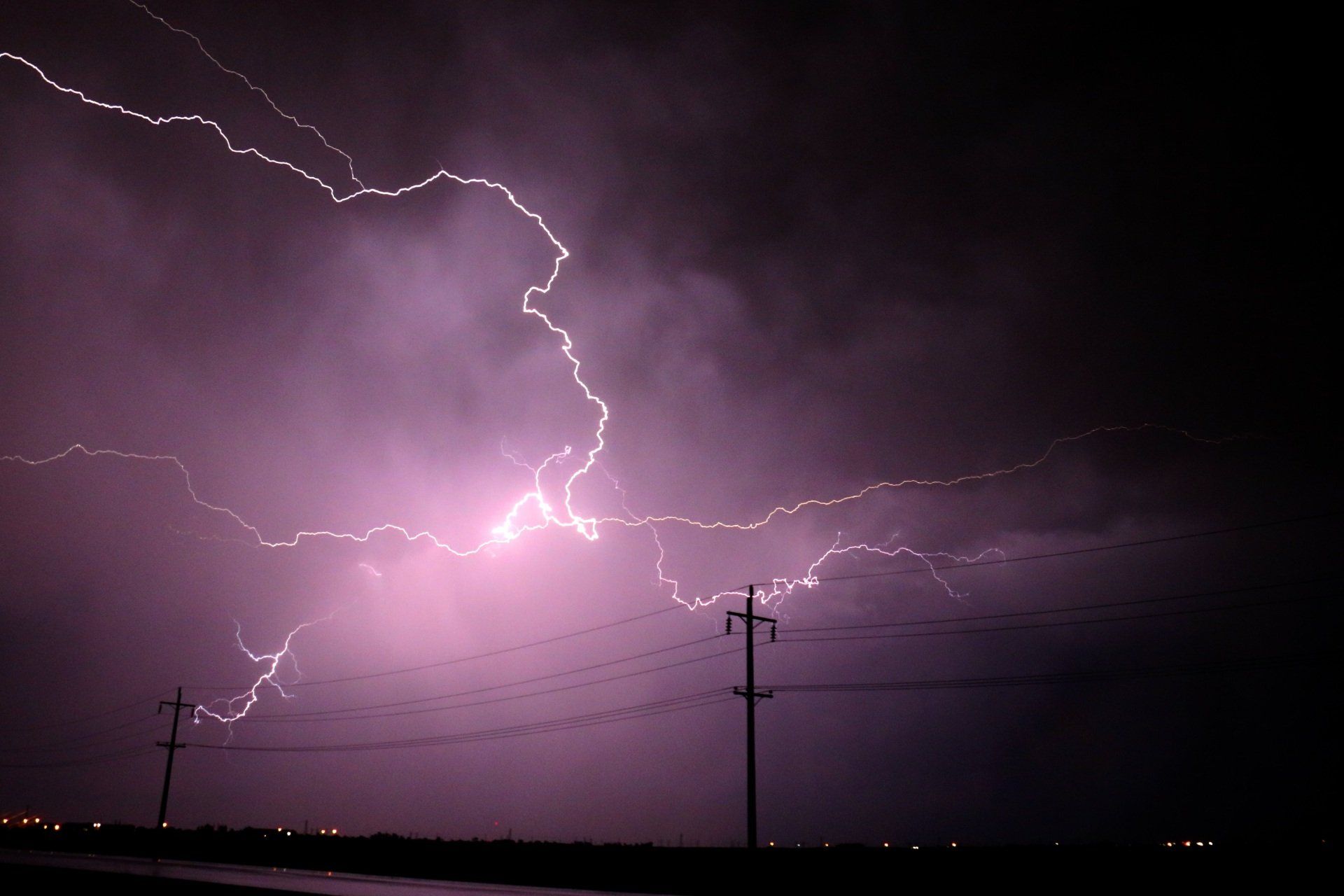Using Waste Sludge as Fertilizer
In recent years, the agricultural practice of using waste sludge as fertilizer, including both industrial and human waste sludge, has garnered significant attention and debate. This method of waste disposal, often branded as a recycling effort, aims to repurpose waste material by returning it to the soil, thereby reducing landfill use and creating a potentially nutrient-rich amendment for agricultural lands. However, this practice raises substantial legal, health, and environmental concerns that demand careful consideration.
Waste sludge is a byproduct of wastewater treatment processes, whether from municipal sewage systems or industrial operations. Human waste sludge, or biosolids, is the organic matter recycled from sewage, treated to reduce pathogens and contaminants before being applied to land. Industrial waste sludge, on the other hand, originates from the treatment of wastewater in manufacturing or other industrial processes, and its composition can vary widely based on the source.
Proponents of using waste sludge as fertilizer argue that it is an effective way to recycle organic matter. Biosolids, for instance, are rich in nutrients essential for plant growth, such as nitrogen and phosphorus. Moreover, this practice can improve soil structure, moisture retention, and reduce the need for chemical fertilizers, which are often criticized for their environmental impact.
The legal landscape governing the use of waste sludge in agriculture is complex and varies by state and local jurisdictions. In a broad sense, the Environmental Protection Agency (EPA) regulates the treatment and application of biosolids under the Clean Water Act, establishing standards for pathogens and pollutant levels to protect public health and the environment. However, regulations for industrial waste sludge can be less clear-cut, with standards depending largely on the contaminants present and their potential impacts.
Despite regulatory efforts, the use of waste sludge as fertilizer is fraught with controversies, primarily due to health and environmental concerns. Critics point to the potential presence of heavy metals, pharmaceuticals, microplastics, and other toxic substances in sludge, which may not be fully eliminated during treatment processes. These contaminants can accumulate in the soil, enter the food chain, and pose risks to human health, wildlife, and groundwater quality. Additionally, when dumped in large quantities, the waste sludge poses a serious nuisance for surrounding residents, creating extreme odors and noxious fumes, and can attract large volumes of insects, birds, and other scavengers that come to feed on the waste.
Legal battles are starting to form as communities and environmental groups challenge the application of waste sludge on nearby farmlands. These cases often revolve around alleged health impacts, contamination of water supplies, and failure to adequately regulate or monitor sludge application practices. For instance, lawsuits are possible in some jurisdictions against municipalities and companies for negligence in sludge management, claiming that lax standards and oversight have led to environmental degradation and health issues among nearby residents.
For those facing legal challenges related to waste sludge application, it is crucial to understand the specific regulations and standards applicable in their jurisdiction. This includes the permissible levels of contaminants, required treatment processes, and land application practices. Legal recourse may involve litigation to address negligence, environmental damage, nuisance, or health impacts, as well as advocacy for stricter regulations and better enforcement of existing laws.
The controversy over using waste sludge as fertilizer underscores the need for a balanced approach that considers environmental benefits, health risks, and legal implications. While recycling waste into fertilizer can contribute to sustainable agriculture, it is imperative to ensure that this practice does not compromise soil health, food safety, or public well-being. Stricter regulations, rigorous testing, and transparent reporting are essential to mitigate risks and protect communities.
MORE ALABAMA INJURY LAW NEWS






OUR LAW FIRM IS HERE TO HELP
Contact our Birmingham, Alabama Injury Lawyers Today for Legal Help
Have you or a family member recently been injured in an accident in Alabama? Contact Snable Stevenson & Silva for immediate legal assistance and advice. You may be able to pursue compensation for your medical bills, lost wages, and other expenses. Our qualified Alabama injury lawyers can help you fight to secure a full and fair award.
We offer a free case evaluation and consultation. Contact our law office in Birmingham, Alabama to schedule yours today. If you can’t come to us, we can arrange a time to visit you. Consultations can be arranged at the hospital, your home, or even your place of business. There’s a limited amount of time to act, so give us a call to get started today.
FREE CASE EVALUATION
GET STARTED
Thank you for submitting a request.
Our team will follow up with you as soon as possible.
There was an error sending your message.
Please try again later.
(800) 266-0877 • attorneys@snablestevenson.com
(205) 582-8000 • 2737 Highland Ave South, Birmingham, AL 35205
(901) 474-2900 • 1545 Union Ave, Memphis, TN 38104
This website is an advertisement for legal services. No representation is made that the quality of the legal services to be performed is greater than the quality of legal services performed by other lawyers. Use of this website signifies your agreement to the Terms of Use, Privacy Policy, and Form Disclaimer.
Snable Stevenson & Silva L.L.C.

